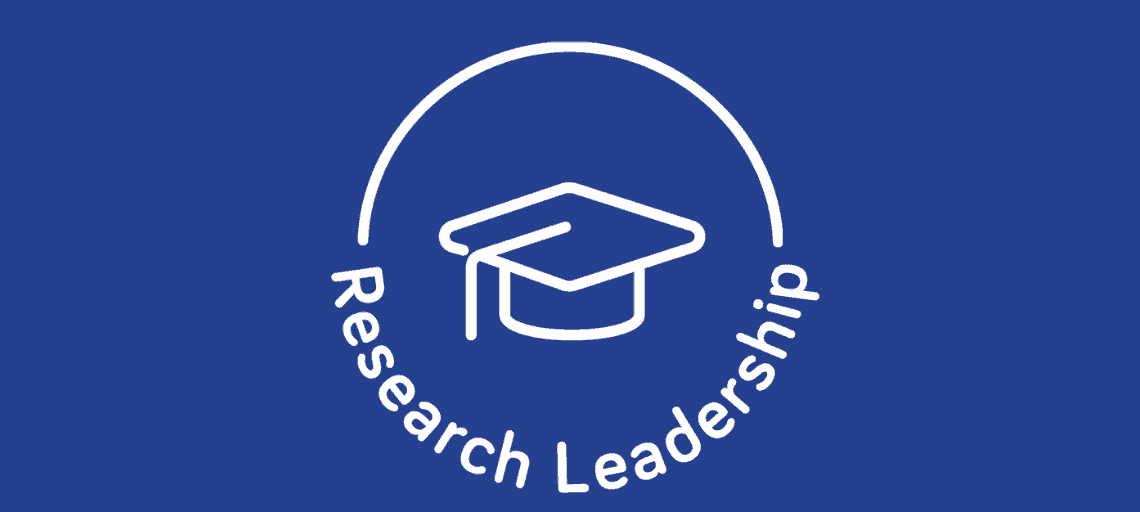Cleaning Australian Waterways through Nutrient Recovery and Emerging Contaminant Removal Using Advanced Bio-Remediation
Stipend: $35k – $39k p/a
Project Operational Funds: $6k
WaterRA Professional Development fund: $5k
Duration: 3 years
Location: Federation University, Mt Helen, Ballarat, Victoria, Australia
Industry Partners: Barwon Water, Greater Western Water, Central Highlands Water, Water Research Australia
About the Project: Working with industry partners (Barwon Water, Greater Western Water, Central Highlands Water, and WaterRA) this is an applied 3-year PhD program offering a top-end stipend with a focus on clean waterways, emerging contaminants, bioremediation, nutrient removal, and circular economy.
In recent years pharmaceuticals have emerged as a waterway pollutant of concern due to the potential impacts on the health and function of the receiving environment. While these may enter the environment via a range of pathways (e.g. storm water, farm run-off and urban/industrial wastewater), the treatment and management of pharmaceuticals are of significant interest to water authorities who collect and treat wastewater at centralised wastewater treatment plants. As part of the due diligence, water authorities are making continuous improvements to wastewater treatment, and looking for further enhancements to provide additional treatment for emerging contaminants, including pharmaceuticals. However, given wastewater treatment plants were initially not designed to treat these emerging and or designer drugs, further research is required to better understand the role wastewater treatment plants play in removing these compounds and identify and assess potential treatment technologies that may be required to mitigate the introduction of these compounds into the environment. This is particularly important as concentrations may increase due to the aging and increasing population.
This project aims to deepen knowledge in this area by (1) Developing a literature synthesis of current pharmaceutical removal techniques and their efficacy; (2) Develop laboratory-scale experiments to determine the effectiveness of a range of potential pharmaceutical removal methods including plants, algae and abiotic removal; and (3) Undertake Mesocosm experiments as a proof-of-concept solution for treating residual pharmaceutical pollution in wastewater streams (e.g. small scale constructed wetland or bioreactor). Additional focus will be on developing circular economy and beneficial re-use opportunities for the Australian water sector. In additional to pharmaceutical products, there is scope to also include nutrient analysis and recovery, such as Nitrogen and Phosphorus.
If you want your PhD to make a difference, and to gain valuable industry work experience—including the opportunity to undertake professional development placements at a water authority—then reach out to Dr Benjamin Long and submit today!
Eligibility: To be eligible for this scholarship applicants will ideally have an Honours or Masters in chemical engineering, the environmental sciences, or related areas. The preferred candidate will also have an excellent record as an emerging academic performer and peer-reviewed publications would be welcome. This scholarship is open to suitably qualified Australian citizens as well as international candidates living in Australia with a valid visa.
More information: Contact Dr. Benjamin Long ([email protected])
To Apply: Bioremediation of Pharmaceuticals from Wastewater Streams
Applicants must apply through the above Federation University Australia webpage which includes the submission of the BW-GWW Application Form and supporting documents along with their HDR Application Form. Applications will be accepted from Australian residents, permanent residents and international students with a valid visa currently studying onshore only.
Applicants should contact Dr Benjamin Long ([email protected]) prior to submitting an application.
Dates:
- Applications close Midnight Sunday, 22 Jan 2023.
- Candidate Interviews to begin mid-Feb 23.
- Preferred commencement Semester 1, March 2023. (Flexible start date).
About The Research Team
Principal Supervisor: Dr Benjamin Long.
Benjamin obtained his PhD from Deakin University in 2014 before undertaking Postdoctoral Research and Teaching Fellowships at the University of Sydney. In 2016 he returned to Deakin University as a lecturer and research fellow before taking up a lectureship at Federation University in 2017 https://federation.edu.au/institutes-and-schools/iiss/staff-profiles/staff-profiles/dr-benjamin-long
Associate Supervisor: A/Prof Andrew Barton.
Andrew Barton is the Associate Dean (Research Training and Partnerships) for the Graduate Research School. In this strategic role, Andrew develops research strengths and enhances the provision of research training for the University’s higher degree by research students. Andrew received his PhD from the University of Tasmania in the area of experimental fluid mechanics and is a Chartered Professional Engineer, an Executive Engineer, and a Fellow of the Institution of Engineers Australia. https://federation.edu.au/institutes-and-schools/iiss/staff-profiles/staff-profiles/barton,-andrew-aprof
Associate Supervisor: Dr Nicholas Schultz.
Nick is a vegetation ecologist with broad interests in human-modified landscapes and ecological restoration. Nick lectures in Australian Flora and a range of courses in the B. Environmental and Conservation Science. https://federation.edu.au/institutes-and-schools/iiss/staff-profiles/staff-profiles/nicholas-schultz
Associate Supervisor: Dr Rebecca Gehling.
Rebecca completed her PhD in 2014 at Deakin University as part of the Luminescence group, focusing on chemiluminescence as a detection method. Shortly after, she commenced as an academic at the University of Tasmania working in the chemistry and environmental programs, before joining Federation University in 2018. https://federation.edu.au/research/find-an-expert/rebecca-gehling



